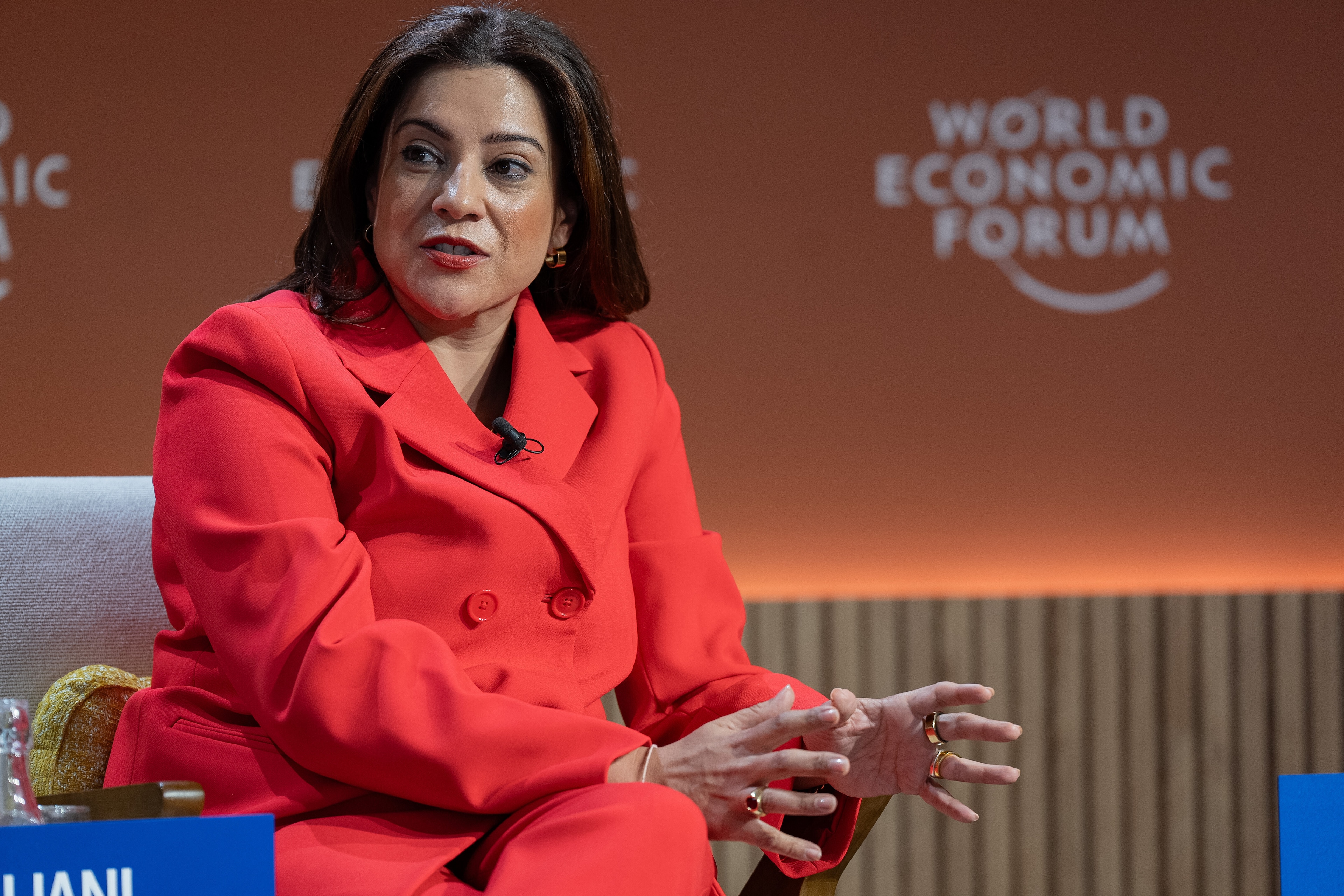The gender gap in South Asia’s judiciary is growing - here's why we need to close it

Image: Tingey Injury Law Firm/Unsplash
Rida Tahir
Barrister-at-law and an Advocate of the High Courts of Pakistan, Global Shaper, Karachi Hub
Get involved with our crowdsourced digital platform to deliver impact at scale
Stay up to date:
Gender Inequality
- South Asia does not have a judiciary that is representative of its population.
- Across the region, women make up less than 10% of judges.
- South Asia must take multiple steps to ensure full, equal and fair participation of women at all levels of the judiciary.
South Asia does not have a judiciary that is representative of its population. Women are under-represented. Across the region, women make up less than 10% of judges. In Pakistan, less than 2% of the superior judiciary and less than 15% of the subordinate judiciary are women. Similarly, less than one-tenth of advocates as well as judges in Nepal are women. In India, women represent only 13% of the judges in the high courts.
The judiciary has an important role in society. Judges interpret and apply the law through their judicial decisions. Judicial decisions also have a wide and deep impact on social constructs, social order and systematic inequalities that prevail in the justice system.
Here’s why closing the gender gap in South Asia’s judiciary is essential to achieve the Sustainable Development Goals (SDGs) on gender, particularly goal 5, “Achieve gender equality and empower all women and girls,” and SDG 16 ‘’…build effective, accountable and inclusive institutions at all levels.’’
What's the World Economic Forum doing about the gender gap?
Countering gender-based discrimination
Gender-based discrimination is based on gender stereotypes, stigmatization of women, harmful and patriarchal cultural norms and gender-based violence (GBV). This has an adverse impact on the ability of women to gain access to justice on an equal basis with men. Women make up half of the world’s population, this should be reflected in all of the professions that have an impact on social development, including the judiciary. Ensuring women’s equal participation in the judiciary is essential in the long-term struggle to counteract gender-based discrimination.
Enhancing public trust and confidence
All judges (regardless of their gender) decide the cases as per the law of their nation. However, women judges bring a different set of experiences and influences when interpreting the law. This shapes their thinking and is reflected in their reasoning in their judgments. While female judges possess the same skills in interpreting law as their male colleagues do, they possess greater gender sensitivity while applying the law to the facts of the case. Bringing different perspectives and diverse reasoning on the bench creates greater public trust and confidence. Where there is a lack of public confidence in the justice system, people do not trust judges to adjudicate their legal disputes.
Improving access to justice for victims/survivors of GBV
In South Asia specifically, the prevalence of lifetime intimate partner violence is 35% higher than the global average. Female survivors of GBV are unlikely to pursue a case if the court is staffed predominantly by male jurists. Women and children seeking justice feel more comfortable with the presence of women judges and court officials in the judiciary. Further, the presence of women judges can have positive effects in judicial deliberations and in the development of the law surrounding GBV.
Women judges have made ground-breaking decisions that have transformed the manner in which the Criminal Justice System (CJS) responds to cases of GBV. For example, in Pakistan, female rape or sexual assault survivors had to go through a virginity testing (also known as the two-finger test) during their medico-legal examination. This is a practice whereby two fingers are inserted inside the female genitalia by a medico-legal officer to check its size and elasticity.
Justice Ayesha Malik, the then Lahore High Court Judge, held that the two-finger test of female rape or sexual assault survivors is illegal, unlawful and unconstitutional. Justice Malik noted that the test is based on the unscientific and misogynist assumption that a woman habituated to sexual intercourse is less likely to have been raped, hence she lacks the moral authority to make an assault or rape accusation. Therefore, she directed the Federation and Provincial Government to take necessary steps to ensure that virginity tests are not carried out in medicolegal examination of the victims of rape and sexual abuse. This judgement will improve access to justice for victims/survivors of sexual violence in Pakistan.
Women judges play a vital role in bringing about much-needed change in their societies. In South Asia, gender gaps continue to persist at the judiciary because of several issues. These include unfavourable and non-transparent nomination and promotion processes, heavy workloads with a lack of family-friendly schemes, lack of political will and persistent stereotypes that discriminate against women.
The South Asia region must ensure full, equal and fair participation of women at all levels of the judiciary. This can be done through an open and transparent system of nomination and promotion of women at all levels of the judiciary. Other recommendations include gender-sensitive policies and workplaces, effective legislation, civil society advocacy and awareness.
Don't miss any update on this topic
Create a free account and access your personalized content collection with our latest publications and analyses.
License and Republishing
World Economic Forum articles may be republished in accordance with the Creative Commons Attribution-NonCommercial-NoDerivatives 4.0 International Public License, and in accordance with our Terms of Use.
The views expressed in this article are those of the author alone and not the World Economic Forum.
The Agenda Weekly
A weekly update of the most important issues driving the global agenda
You can unsubscribe at any time using the link in our emails. For more details, review our privacy policy.
More on Equity, Diversity and InclusionSee all
Kate Whiting
May 3, 2024
Annamaria Lusardi and Andrea Sticha
April 24, 2024
Claude Dyer and Vidhi Bhatia
April 18, 2024
Julie Masiga
April 12, 2024






